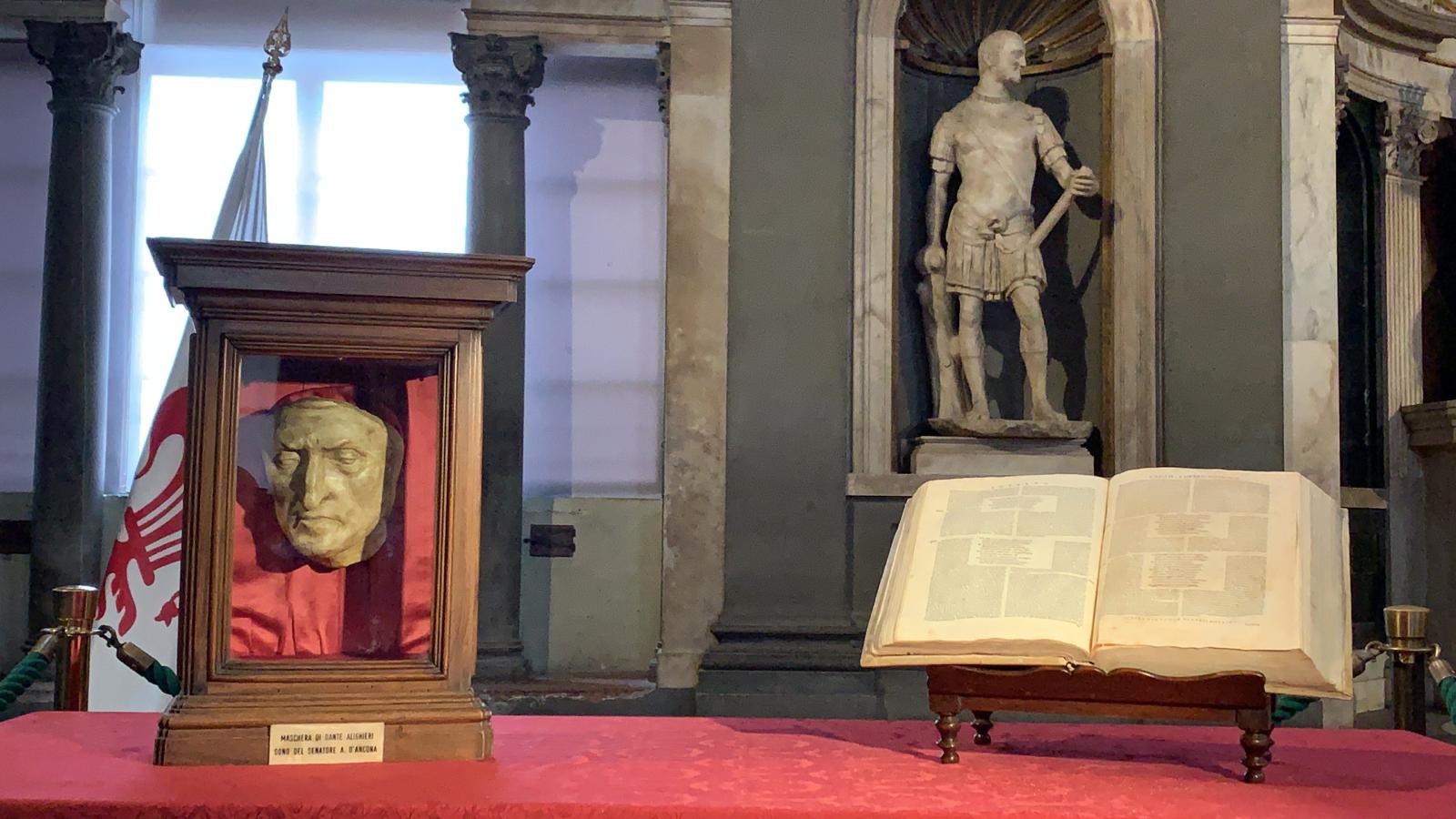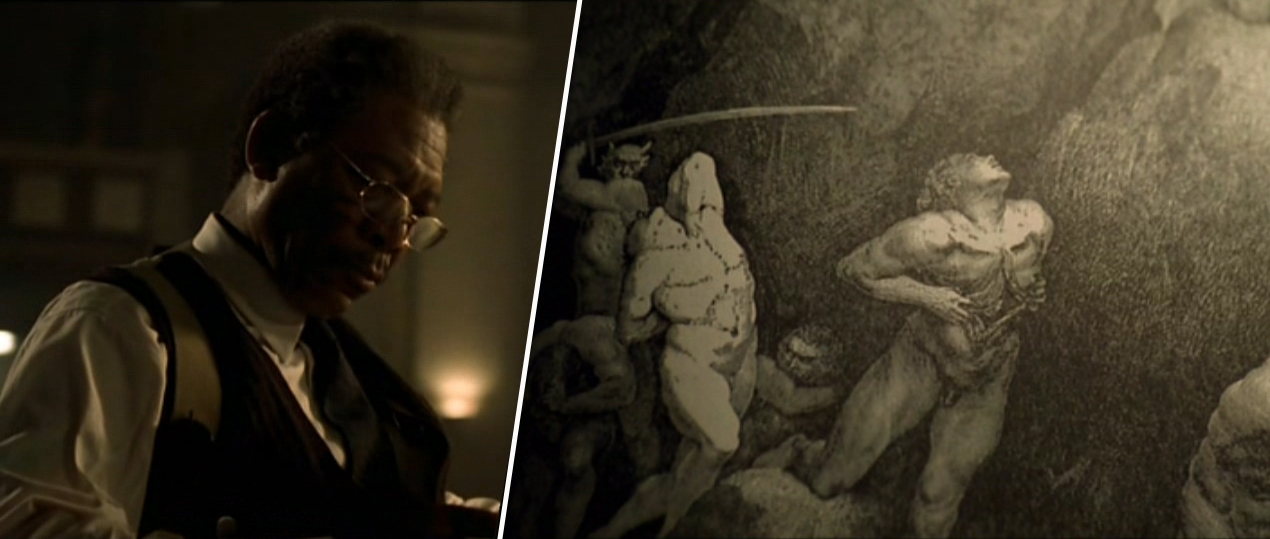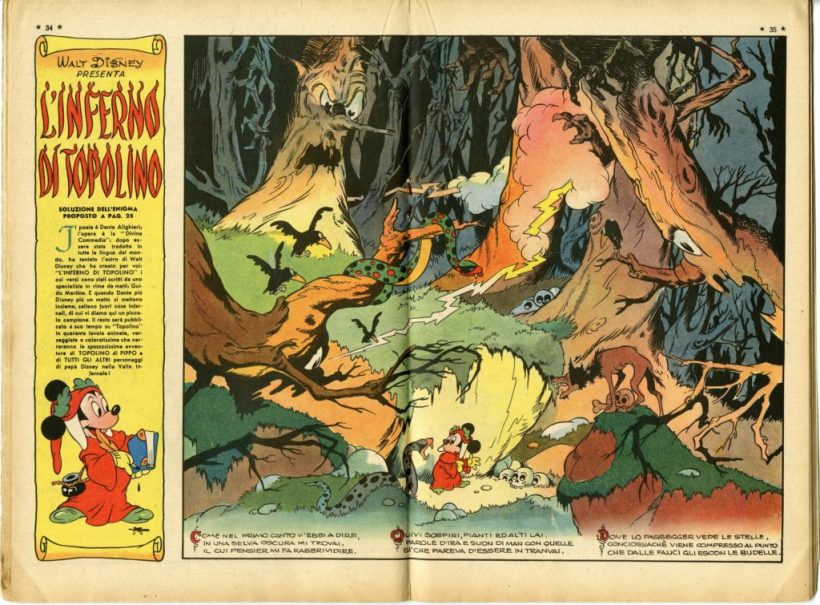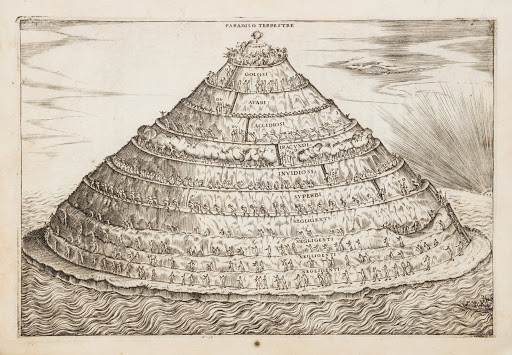Last October 2nd, the Mayor of Florence Nardella in the presence of the Minister for Cultural Heritage Dario Franceschini, illustrated in the Salone dei Cinquecento of Palazzo Vecchio, the main initiatives that will celebrate the 700th anniversary of the death of Dante Alighieri.
In memory of the Supreme, an extensive calendar of events has been created, which will involve the city until September 12, 2021.
The celebrations will move between readings, installations, concert productions, exhibitions and much more at La Fondazione Teatro del Maggio Musicale Fiorentino, Il Teatro Nazionale della Toscana, Museo Novecento, Le Gallerie degli Uffizi and various locations.

But why do you think Dante remains 700 years after his fundamental death in Tuscan, Italian and world culture?
Dante Alighieri certainly could not think of terrible historical moments in our history such as the Holocaust, or the slave trade, or the civil wars that are still fought in the world. However, the Divine Comedy - of which Hell is the opening part along with Purgatory and Paradise - remains a cornerstone of the origins of evil.
Film and musical adaptations

These kinds of adaptations help keep alive the interest in what he conceived and then it is extremely interesting to see how other artists re-interpret his work. Certainly compared to the Middle Ages, where there was great concern for sins such as wear and tear or heresy, the sins to be stained have changed: nowadays they no longer represent a great threat, but there are certainly many others.
The classification of possible types of evil conceived by Dante is very seductive, many contemporary works call it into question: Dan Brown does it in his novels or it is talked about in films (as in David Fincher's Seven for example).
Several composers, such as Franz Liszt and Cajkovsky, have set the Divine Comedy to music and in the strips of many comics we find Dante and Virgil in the Underworld.

Currently on Spotify, doing a quick Dante-themed search, you can find several Podcasts where his work is commented on, his figure: it is evident that the interest in him has never subsoted.
What else can we learn from works that are more than 700 years old?
Dante has been able to face the great questions of life, he has been able to meditate on the human evil in all its forms, from the banal to the depraved. Dante addresses the question of evil from the perspective of a medieval Christian, but the questions that arise can be grounded even in today's world, it can lead to questions about current evil behaviors, whether they are large or small.
And that's probably why Purgatory and Paradise don't have the same impact probably.
But in reality Dante's concerns in poetry are those of any caring person in any age or place: what does it mean to be a human being? How do we judge human behavior?
What is important in a life or death? Human behaviour, ours and that of others, is at the heart of human experience in this world; a work that encourages us to reflect on those behaviors will always be relevant.

We deal with these questions through the stories dante tells in the Comedy. There is its history and there are stories and above all there are the stories of the people it meets during the trip: are they difficult situations, is it told how they arrived ?? to make the choices they made, because they ended up damned or saved.
These stories involve human emotions that we can all recognize and relationship to: love, hatred, anger, fear, bewilderment, despair. This is what Dante gave us, and which continues even 700 years after his death to give us: a poem that invites us to reflect on feelings and what place they have in human life; to reflect on them not only in relation to our experience.
image sources: bignami editore, controradio, lisa thatcher, minerva auctions, ventaglio










 Map
Map